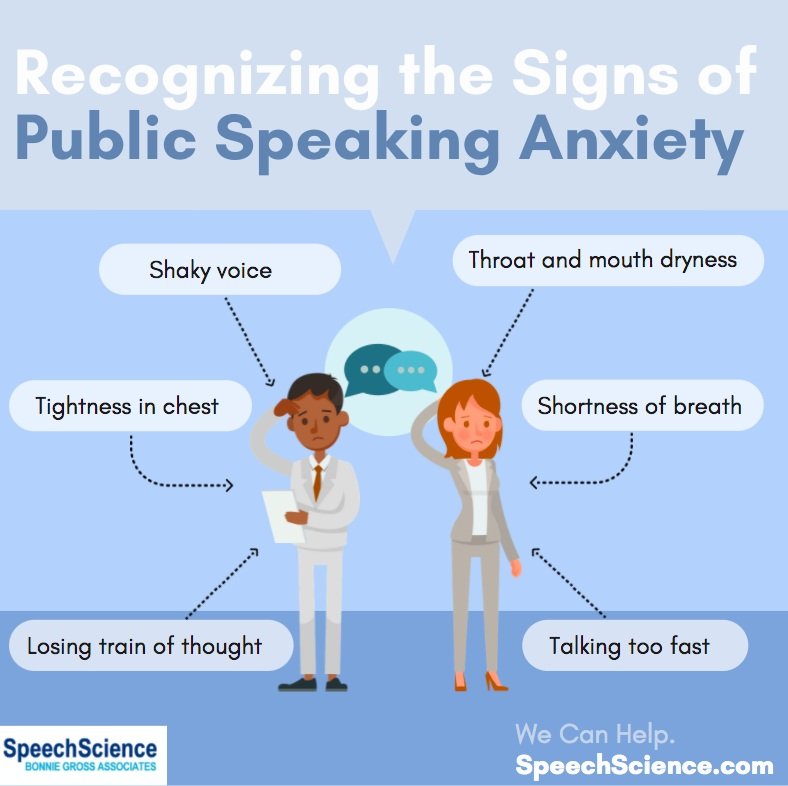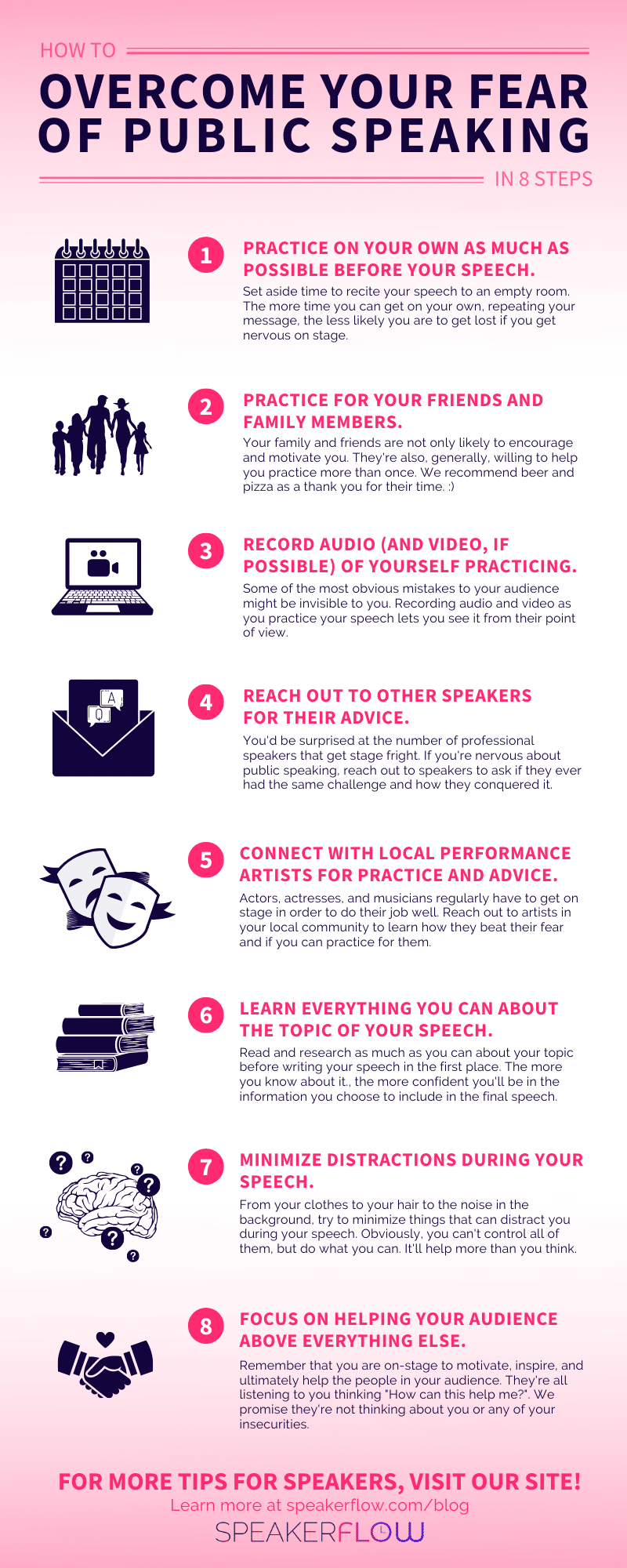How To Avoid Nervousness In Public Speaking

The mere thought of standing before an audience, delivering a speech, can trigger a cascade of nervous sensations for many. From sweaty palms to a racing heart, public speaking anxiety affects a significant portion of the population. Understanding the roots of this anxiety and implementing effective strategies can transform a nerve-wracking ordeal into a confident and compelling performance.
This article delves into actionable techniques, supported by expert advice and research, to help individuals manage and mitigate nervousness when speaking in public. By focusing on preparation, mindset, and delivery, speakers can harness their anxiety and deliver impactful presentations. This is not just about overcoming fear; it's about enhancing communication and maximizing influence.
Preparation is Key
Thorough preparation is often cited as the most effective weapon against public speaking anxiety. Knowing your material inside and out boosts confidence and reduces the likelihood of stumbling or freezing up.
Practice, practice, practice. Rehearse your speech multiple times, ideally in a setting that mimics the actual presentation environment. This allows you to identify areas where you might struggle and refine your delivery.
According to the National Institute of Mental Health (NIMH), practicing in front of a small, supportive audience can be particularly helpful. This provides valuable feedback and acclimatizes you to speaking in front of others.
Know Your Audience
Understanding your audience's interests, knowledge level, and expectations is crucial. Tailoring your speech to their needs will make your presentation more relevant and engaging.
When you connect with your audience on a personal level, the focus shifts from your own anxiety to delivering value to them. Research their background, tailor your language, and anticipate their questions.
This targeted approach will enhance your credibility and make you feel more comfortable and in control of the situation.
Mindset Matters
Your mental state plays a pivotal role in managing public speaking anxiety. Negative self-talk and catastrophic thinking can amplify fear and undermine your confidence.
Reframing your anxiety can be a powerful technique. Instead of viewing nervousness as a sign of weakness, consider it a surge of energy that can be channeled into enthusiasm and passion.
Visualization is another effective tool. Imagine yourself delivering a successful presentation, confidently engaging with the audience, and receiving positive feedback. This mental rehearsal can build confidence and reduce anxiety.
"The only thing we have to fear is fear itself." - Franklin D. Roosevelt
Breathing and Relaxation Techniques
Deep breathing exercises can help calm your nerves and reduce physical symptoms of anxiety. Before you speak, take several slow, deep breaths, focusing on expanding your diaphragm.
Progressive muscle relaxation, where you tense and release different muscle groups, can also help reduce tension. Mindfulness meditation, even for a few minutes before your presentation, can center you and promote a sense of calm.
These techniques can be discreetly employed backstage or even during pauses in your speech.
Delivery Strategies
Your delivery style can significantly impact your confidence and the audience's perception of your anxiety. Maintain good eye contact, speak clearly and deliberately, and use natural gestures.
Avoid reading directly from your notes. Use bullet points or keywords to guide your presentation and maintain a conversational tone. This will help you connect with your audience and appear more authentic.
Pauses can be your friend. Taking a moment to collect your thoughts and breathe can prevent you from rushing and appearing flustered. It also gives the audience time to process your information.
According to Toastmasters International, joining a public speaking club can provide a supportive environment to practice and receive constructive feedback on your delivery.
Ultimately, overcoming public speaking anxiety is a process, not an event. Be patient with yourself, celebrate your progress, and remember that even experienced speakers feel nervous from time to time. By focusing on preparation, mindset, and delivery, you can transform your fear into confidence and deliver impactful presentations that resonate with your audience.


















